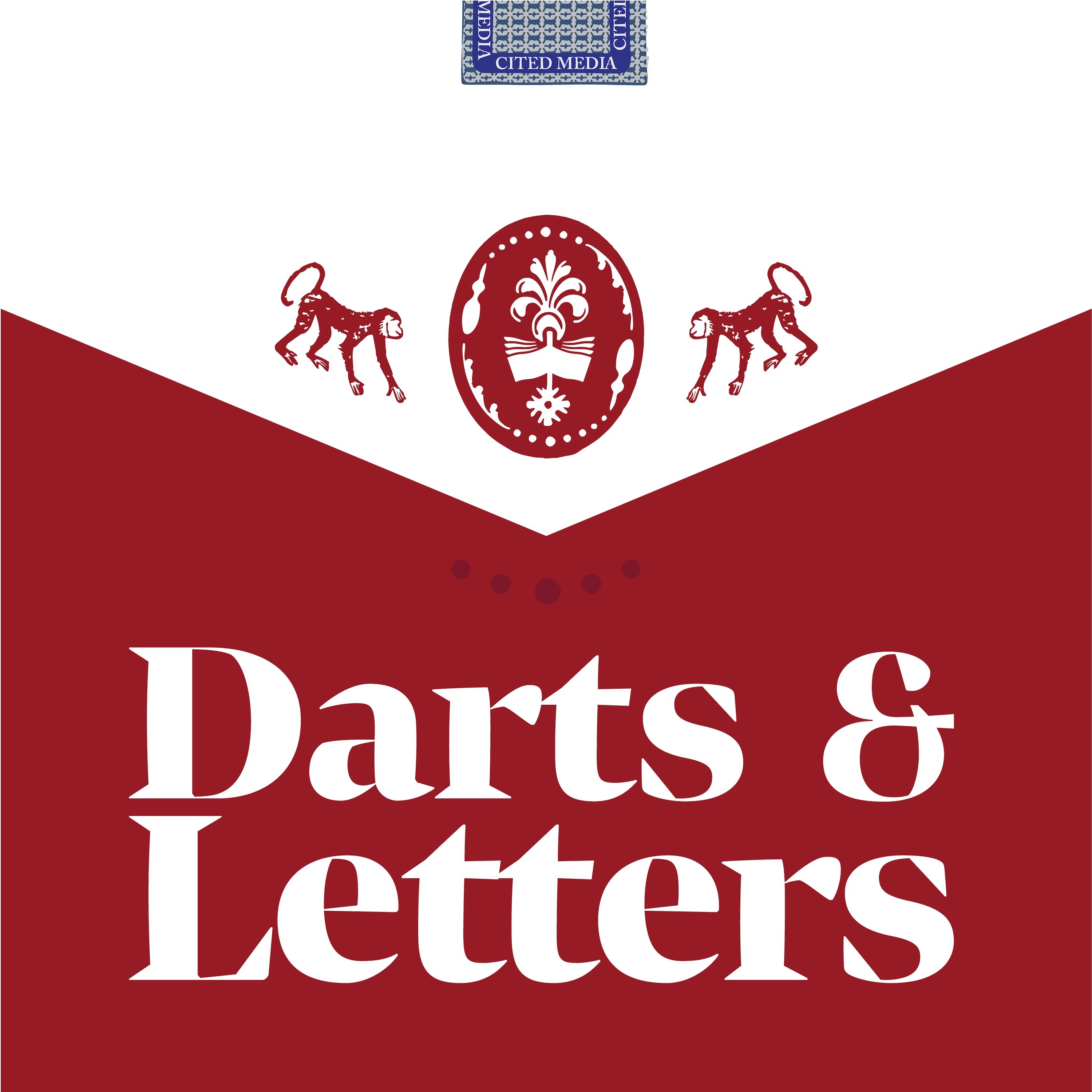EP69: Mathematical Morality (ft. Émile P. Torres)
The collapse of the crypotcurrency exchange FTX has caused major shockwaves throughout the financial world. This has brought new attention to the ongoing reckoning around crypto, and urgency to the calls to reign in and regulate these emerging technologies. FTX’s collapse has also sparked a philosophical reckoning about the ideas that inspired their CEO, Sam Bankman-Fried. Bankman-Fried is a major proponent and funder of Effective Altruism, a philosophical and political movement that demands we give to the most effective charities. Effective Altruism started out concerning itself primarily with global poverty, inspired by the work of do-good utilitarian philosopher Peter Singer. Today, it has become something a little different. Now, the movement tells entrepreneurs like Bankman-Fried that they should ‘earn-to-give.’ Most recently, effective altruists have become increasingly focussed on longtermism, a strand of extreme utilitarian thinking advanced by Oxford-based intellectuals Nick Bostrom, Toby Ord, Will MacAskill, and others (and generously funded by Bankman-Fried). Longtermism tells us we should worry about the interests of future people — trillions of future people, 1000s of years into the future, and in planets far away. On this episode of Darts and Letters, we examine the complicated moral math of longtermism, and ask whether the utilitarian logic of Effective Altruism leads inevitably to this kind of thinking. Our guide is Émile P. Torres, a former longtermist who is now one of the movement’s sharpest apostates. Torres calls longtermism a ‘secular religion,’ and one with apocalyptical, eugenic, and potentially genocidal implications. For a full list of credits, contact information, and more, visit our about page

